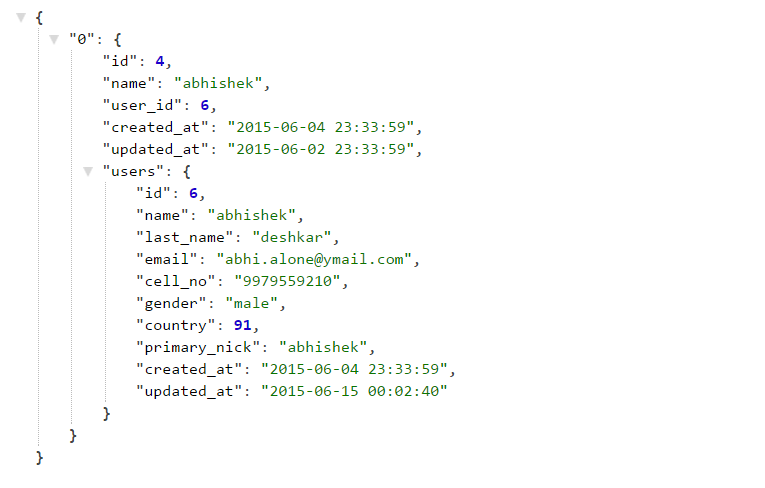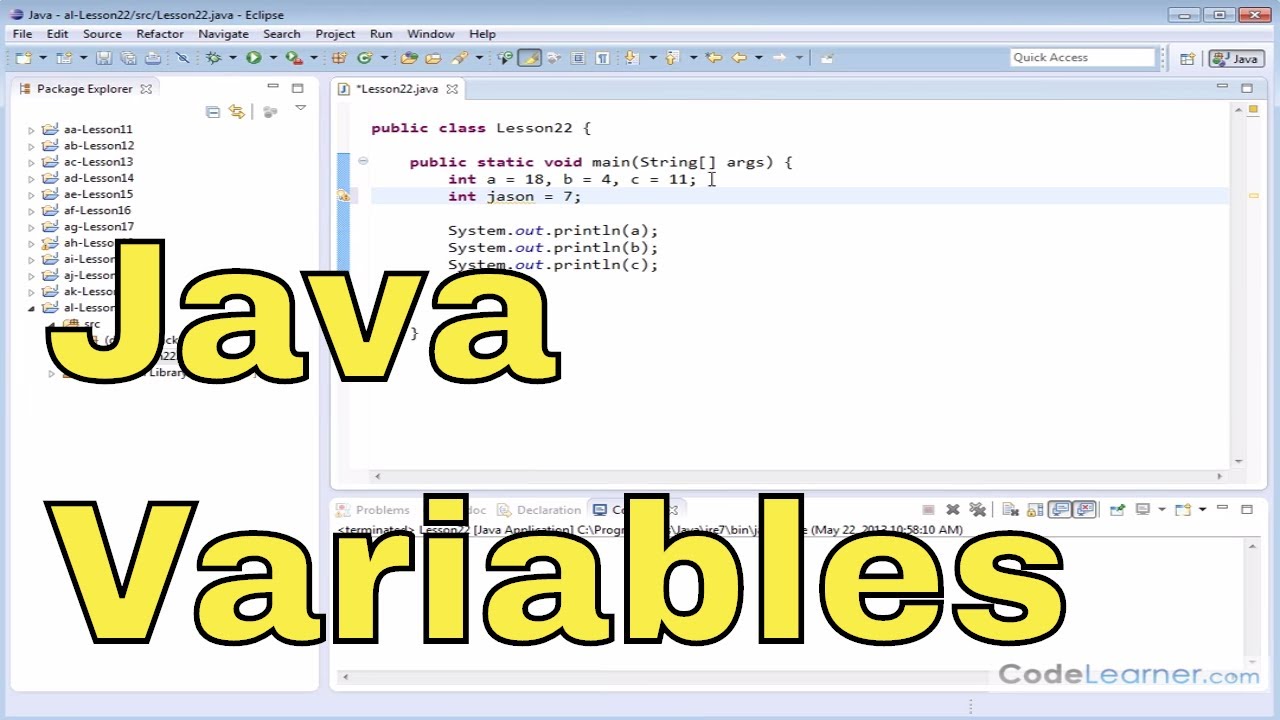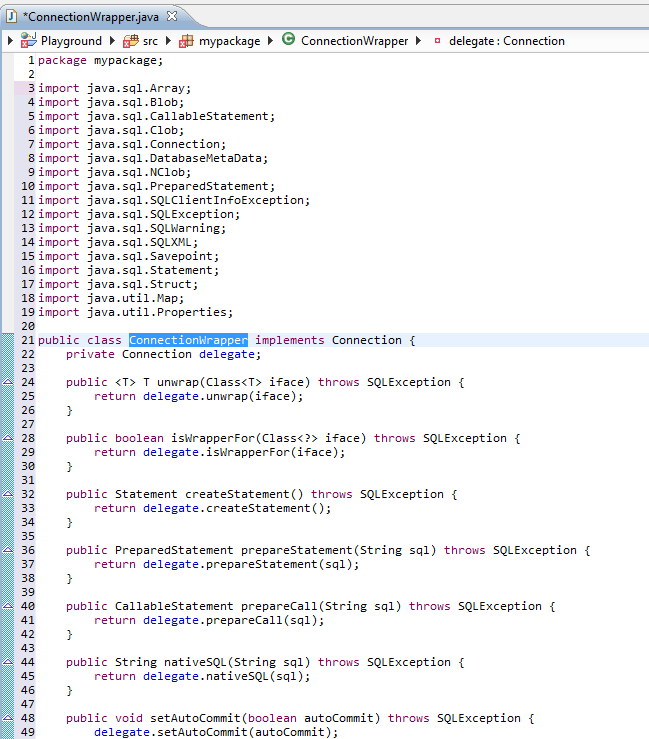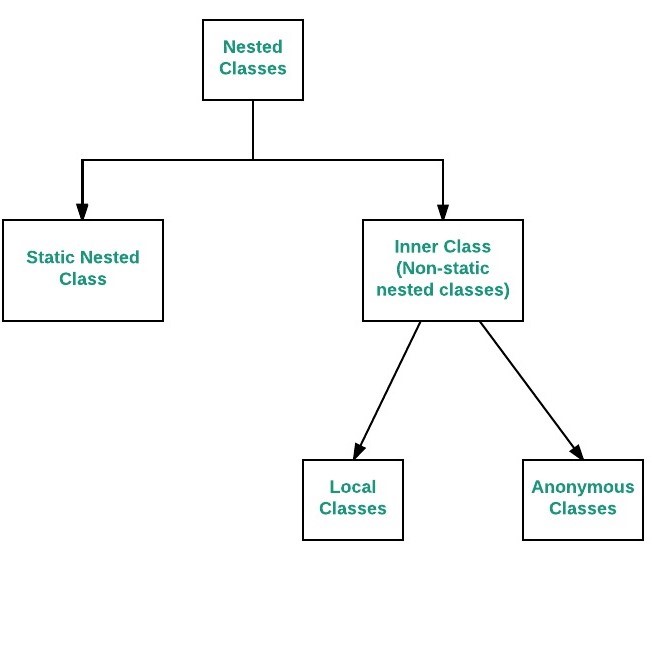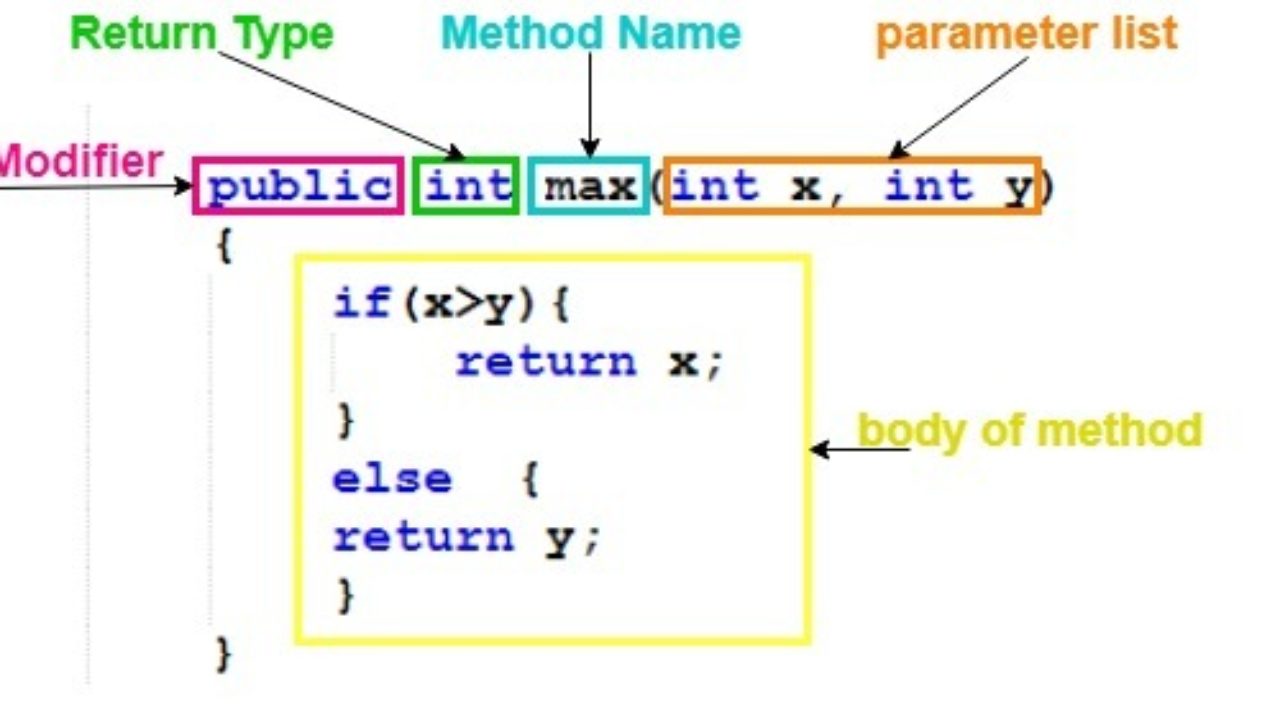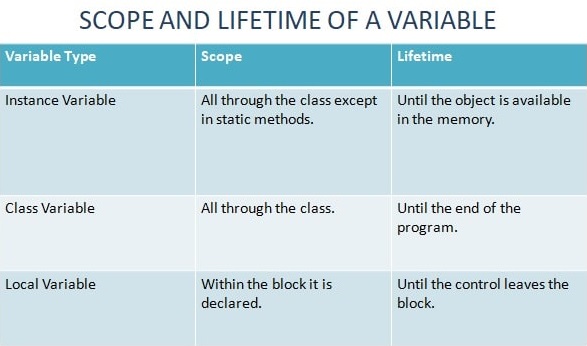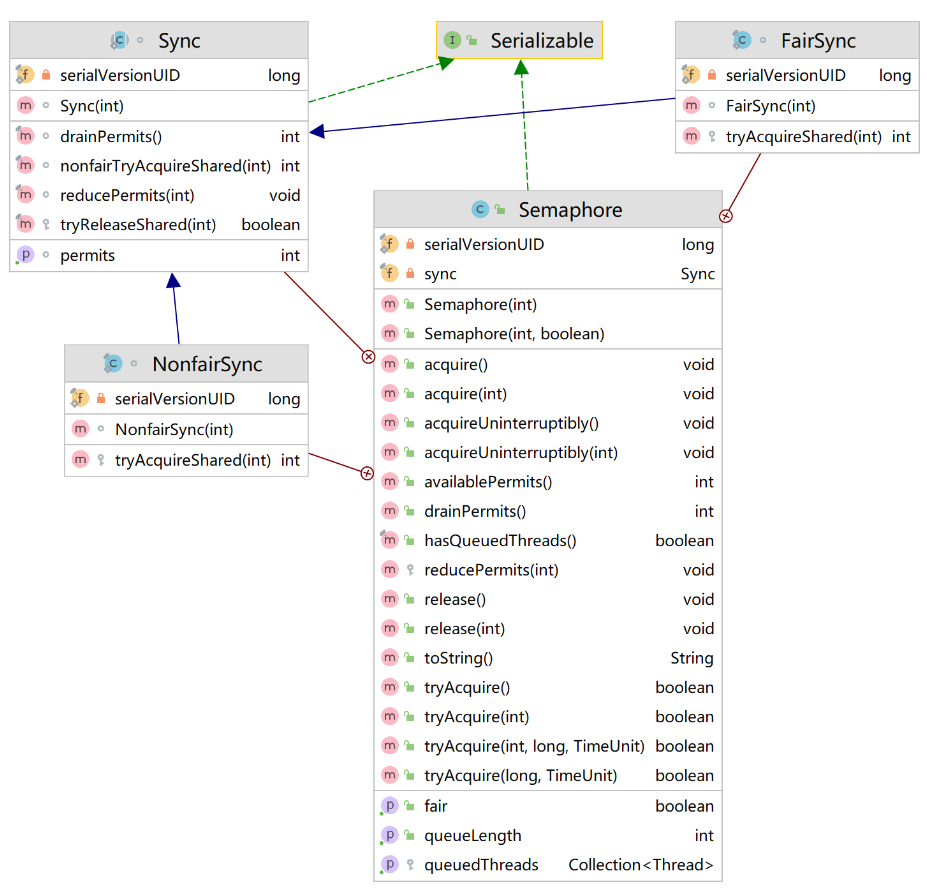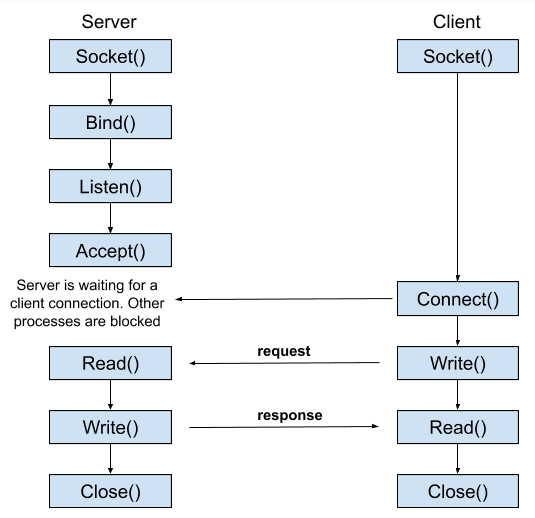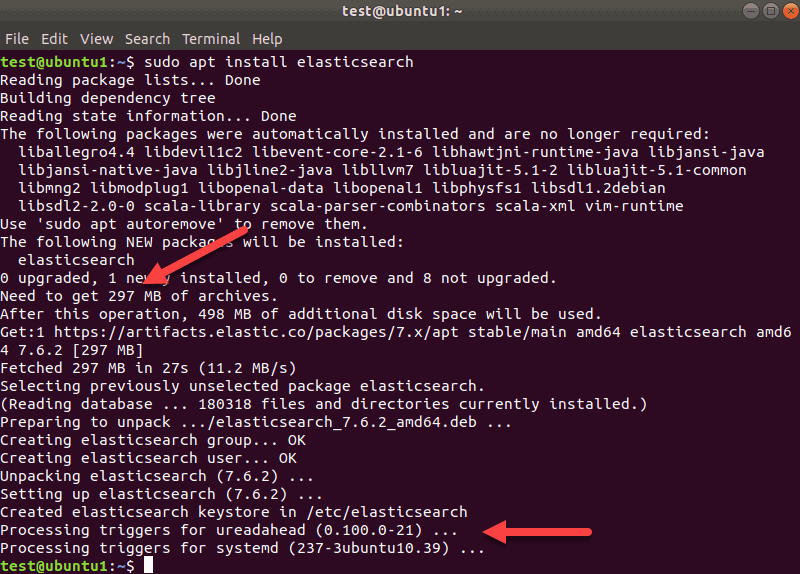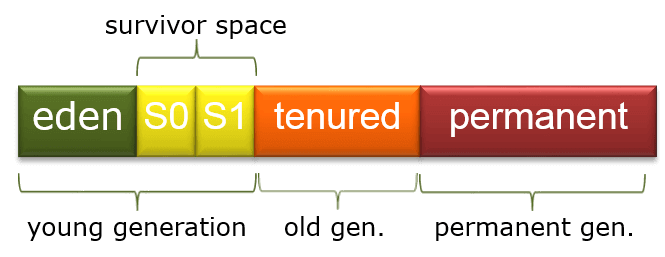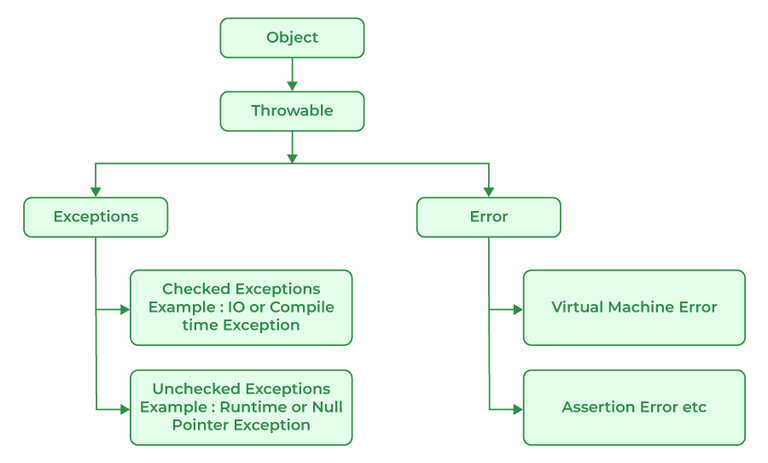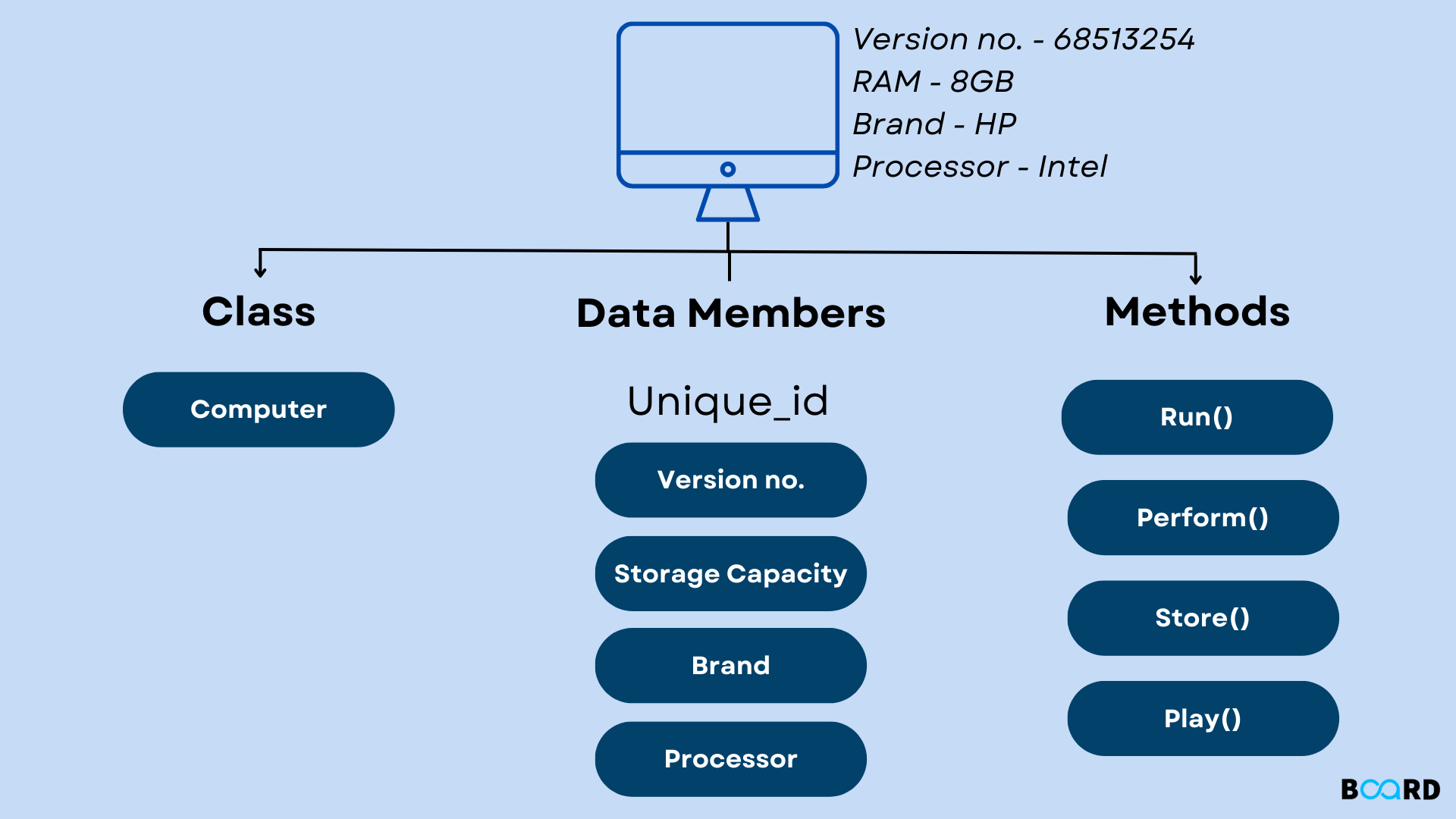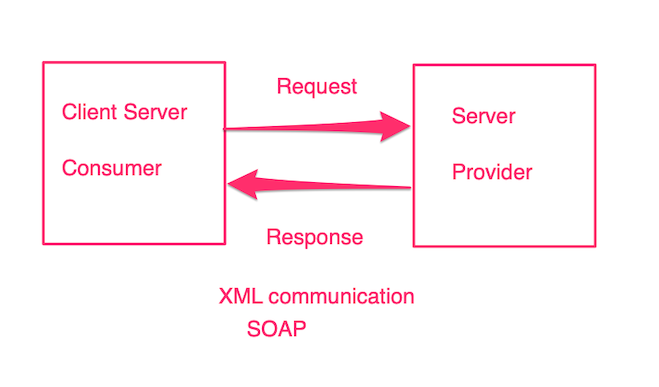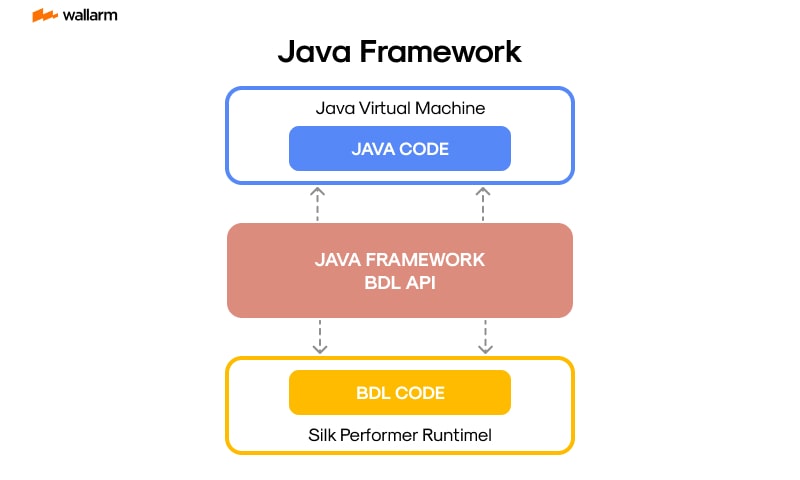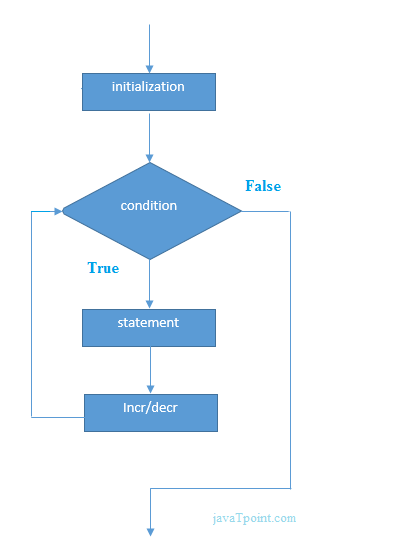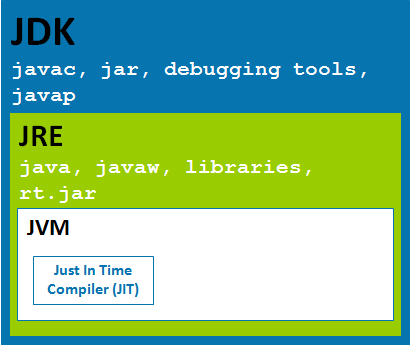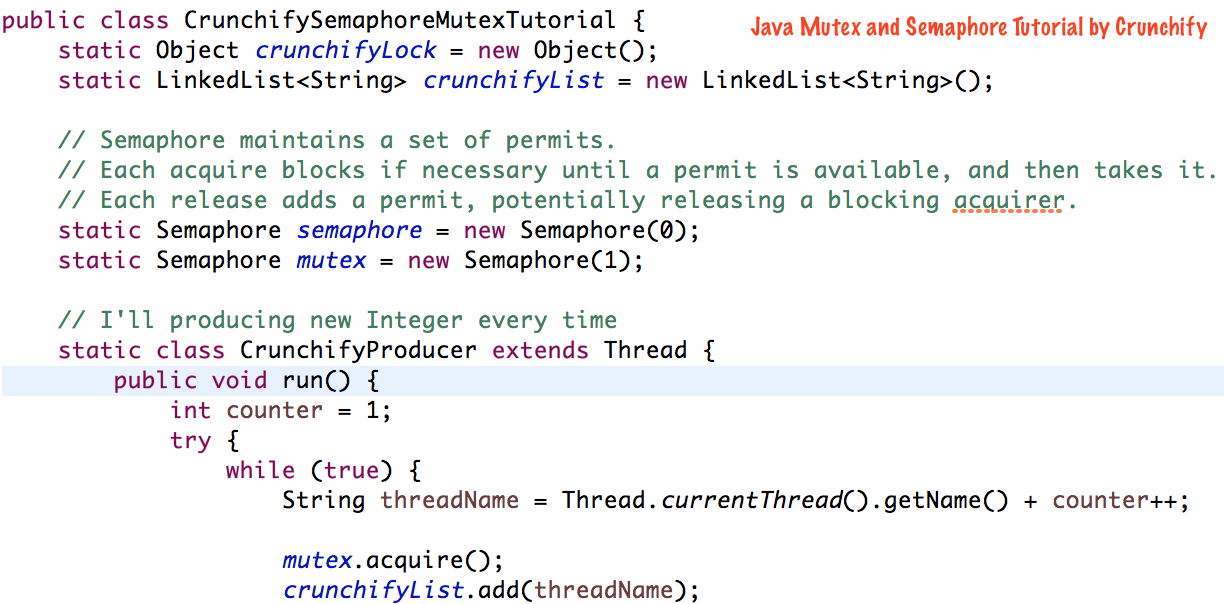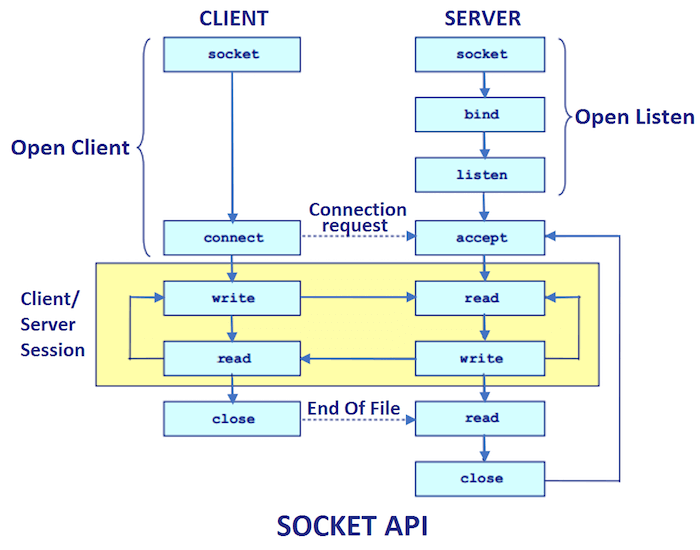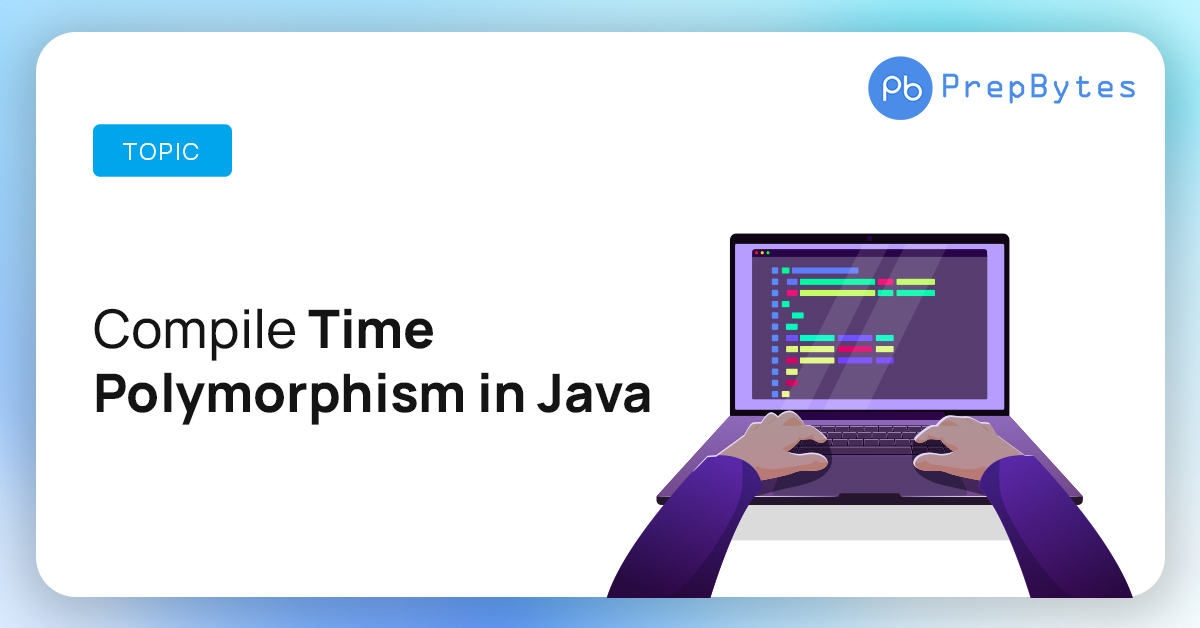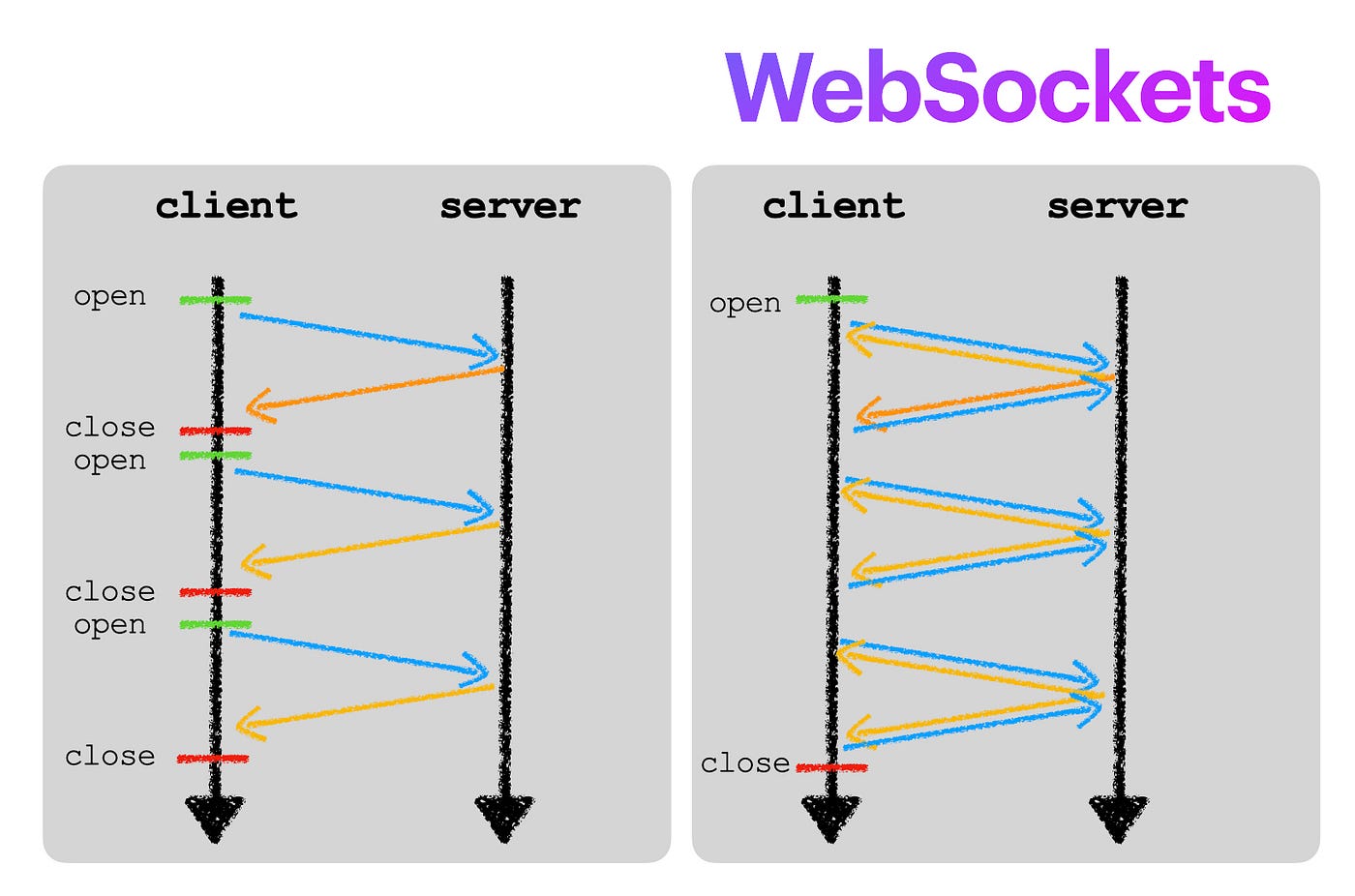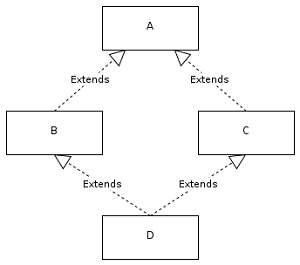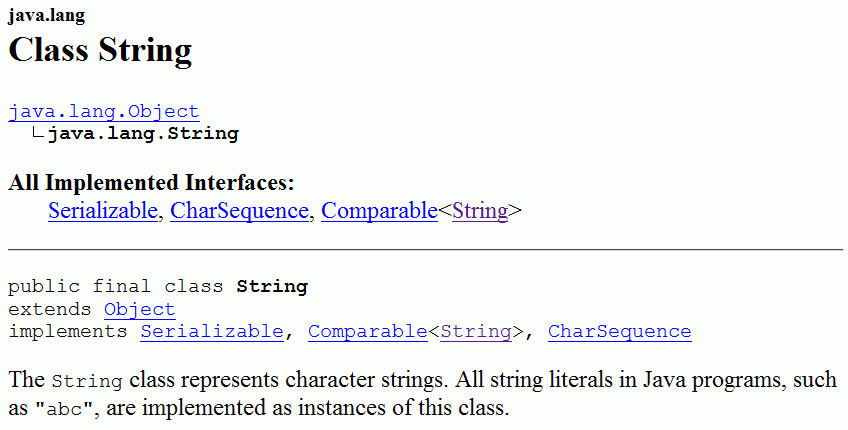How many types of scope are there in java with examples
How many types of scope are there in java with examples
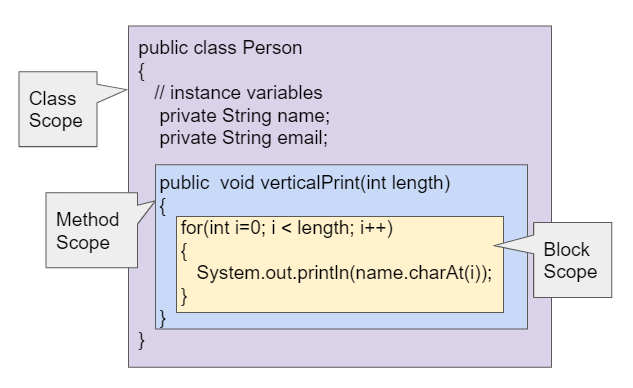
I'll respond in English as you requested.
In Java, a scope refers to the region of code where a variable is accessible and usable. There are three main types of scopes in Java: local, instance, and static.
Local Scope:Local scope variables are defined within a method or block of code. They are only accessible within that method or block, and cease to exist once the method or block finishes execution. Here's an example:
public class Test {public void myMethod() {
int x = 10; // local variable, only accessible within this method
System.out.println(x); // prints 10
}
}
In this example, the variable x is defined within the myMethod() method and is only accessible within that method.
Instance scope variables are defined within a class and are accessible throughout an instance of that class. They are initialized when an object of the class is created and cease to exist once the object is garbage collected. Here's an example:
public class Test {int x = 10; // instance variable, accessible throughout instances of this class
public void myMethod() {
System.out.println(x); // prints 10
}
}
In this example, the variable x is defined within the Test class and is accessible throughout instances of that class.
Static scope variables are defined within a class and are shared by all instances of that class. They are initialized when the class is loaded into memory and cease to exist once the class is no longer used. Here's an example:
public class Test {static int x = 10; // static variable, shared by all instances of this class
public void myMethod() {
System.out.println(x); // prints 10
}
}
In this example, the variable x is defined within the Test class and is shared by all instances of that class.
Additional notes:
Block scope variables are also a type of local scope. They are defined within a block of code (such as anif statement or a for loop) and are only accessible within that block. Method parameters are also a type of local scope, and are passed to the method when it is called.
I hope this helps! Let me know if you have any further questions.
What is the scope in Java?
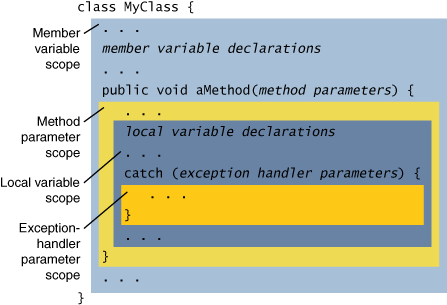
I'll make sure to respond in English only, as per your request!
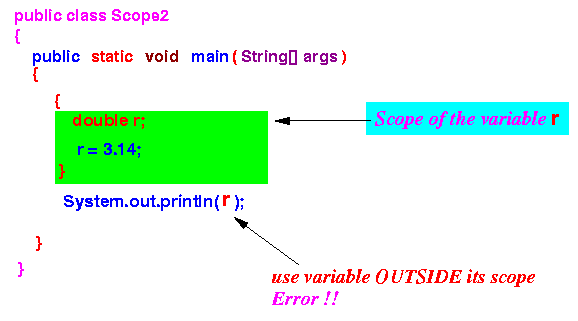
In Java, the scope refers to the region of code where a variable or identifier is accessible and can be used. In other words, it defines the area within which a named entity (like a method, class, or variable) can be recognized by the compiler.
There are three main types of scope in Java:
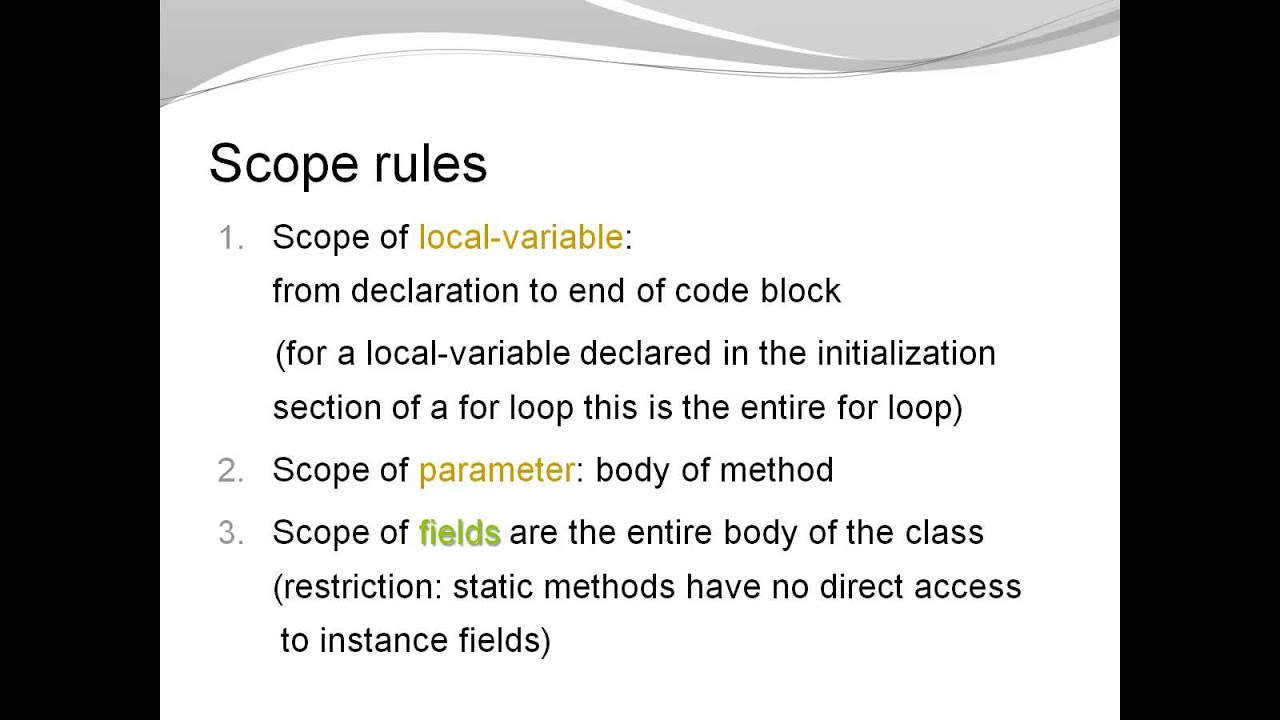
this. (for non-static variables) or ClassName. (for static variables). Method Scope: Each method has its own scope, which defines the region within the method where variables declared inside the method can be used. These variables are not accessible outside the method unless they're returned as a value or stored in an instance variable. Block Scope (or Local Scope): This is the innermost scope that applies to variables declared inside a block of code, such as within if, else, switch, while, or for loops. These variables are only accessible within the block and not outside it.
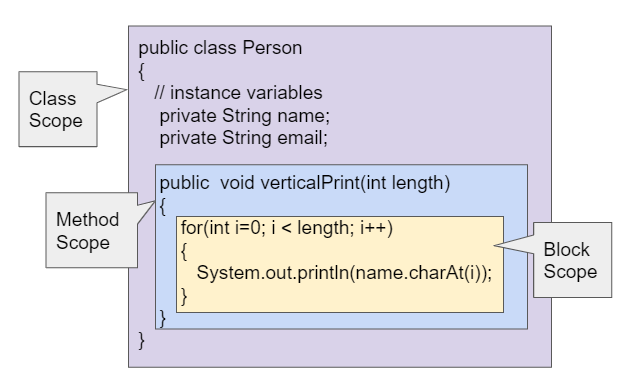
Additionally, there are two special scopes in Java:
Package Scope: Variables declared at the package level (outside any class or method) have a package scope, meaning they can be accessed by classes within the same package. Global Scope: Static variables declared outside any class or method have global scope, making them accessible from anywhere in the program.Understanding scope is crucial for writing good Java code, as it helps prevent variable conflicts and makes it easier to manage program logic. By carefully controlling where you declare your variables and identifiers, you can ensure that they're accessible only where needed, reducing the risk of unexpected behavior or errors.
I hope this explanation has been helpful!

